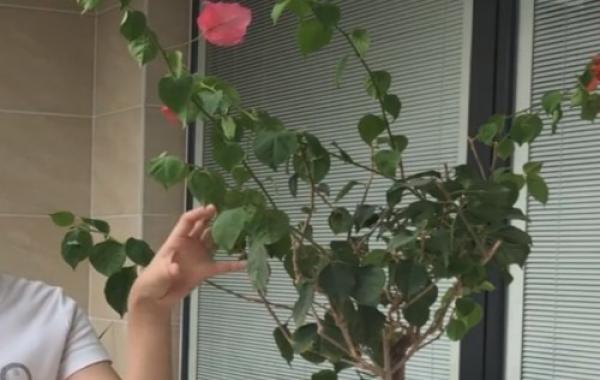Requirements of flowers on soil moisture
Due to the differences of water environment in the place of origin, all kinds of flowers have different water requirements, different environmental conditions for growth, and formed different ways of adaptation in morphology and physiological structure. For example, the cactus plants native to the American desert region, in order to adapt to the dry environment where local precipitation is extremely scarce and reduce water evaporation, their leaves are strongly degraded and become prickly in the process of long-term evolution. and covered with a thick layer of horny and wax, thus helping to keep the water in the body from evaporation, even if there is no water supply for several years, it can still survive tenaciously. On the other hand, most evergreen flowers from warm and humid areas have large and thin leaves, tender tissue, no dense and thick wax layer and stratum corneum protection, and stomata are often open, so the transpiration of water is very large. therefore, it is very disadvantageous to the water storage of stem and leaf organs, in order to maintain the water balance in the plant, it is necessary to provide sufficient water regularly.
It is different and different in different growth stages. Generally speaking, high soil moisture is needed after sowing in order to moisten the seed coat and expand the seed coat, which is beneficial to the germination of radicle and germ; after seed germination, the root system is shallow and the seedlings are very thin, so the topsoil should be kept moderately moist; later, in order to prevent seedlings from overgrowing and promote plant maturity, soil moisture should be reduced, that is, the so-called "squatting seedlings", squatting seedlings at seedling stage is one of the effective measures to cultivate strong seedlings. When growing to a certain time, relative drought (called "deducting water" or "making water" in flower cultivation) can also stop branches from growing faster and accumulate nutrients to supply flower bud differentiation. Flower bud differentiation is a turning period from vegetative growth to reproductive growth. At this time, proper water control of plum blossom, peach blossom, stolen leaf plum, kumquat, crape myrtle and bauhinia can inhibit or delay the growth of stems and leaves. Early and promote the formation and development of flower buds, so as to achieve the purpose of blooming luxuriantly and fruitful. However, during the flowering period of flowers, the supply of soil water should be maintained at an appropriate level. If there is less water, the flowering will be bad, and the flowering period will be shortened. Too much water will also cause falling flowers and buds. In addition, air humidity also has an effect on flowering, humidity is too small to shorten the flowering period, can not show a variety of inherent colors. However, excessive humidity will also cause moldy petals and spread of diseases and insect pests.
- Prev

How to control the water in order to blossom and burst the pot of triangular plum?
How to control the water in order to blossom and burst the pot of triangular plum?
- Next

Earthwork to make flowers and pesticides is actually very simple.
Earthwork to make flowers and pesticides is actually very simple.
Related
- What if the leaves of potted flowers turn yellow?
- Florescence Control of several Flowers
- Anti-freezing technology and post-freezing nursing technology of flowers
- What is the classification of flowers? What are the common methods of flower classification?
- Prevention and control of alkali and acid damage of flowers in courtyard
- Technology of Anti-freezing and restoring growth of Flower seedlings in greenhouse and greenhouse
- How does flower fertilization not hurt the root? Fertilization technology of flowers
- Key points of disinfection in flower greenhouse
- Several pesticides that are banned or used cautiously in flowers
- How to fertilize the flowers that watch the leaves?

